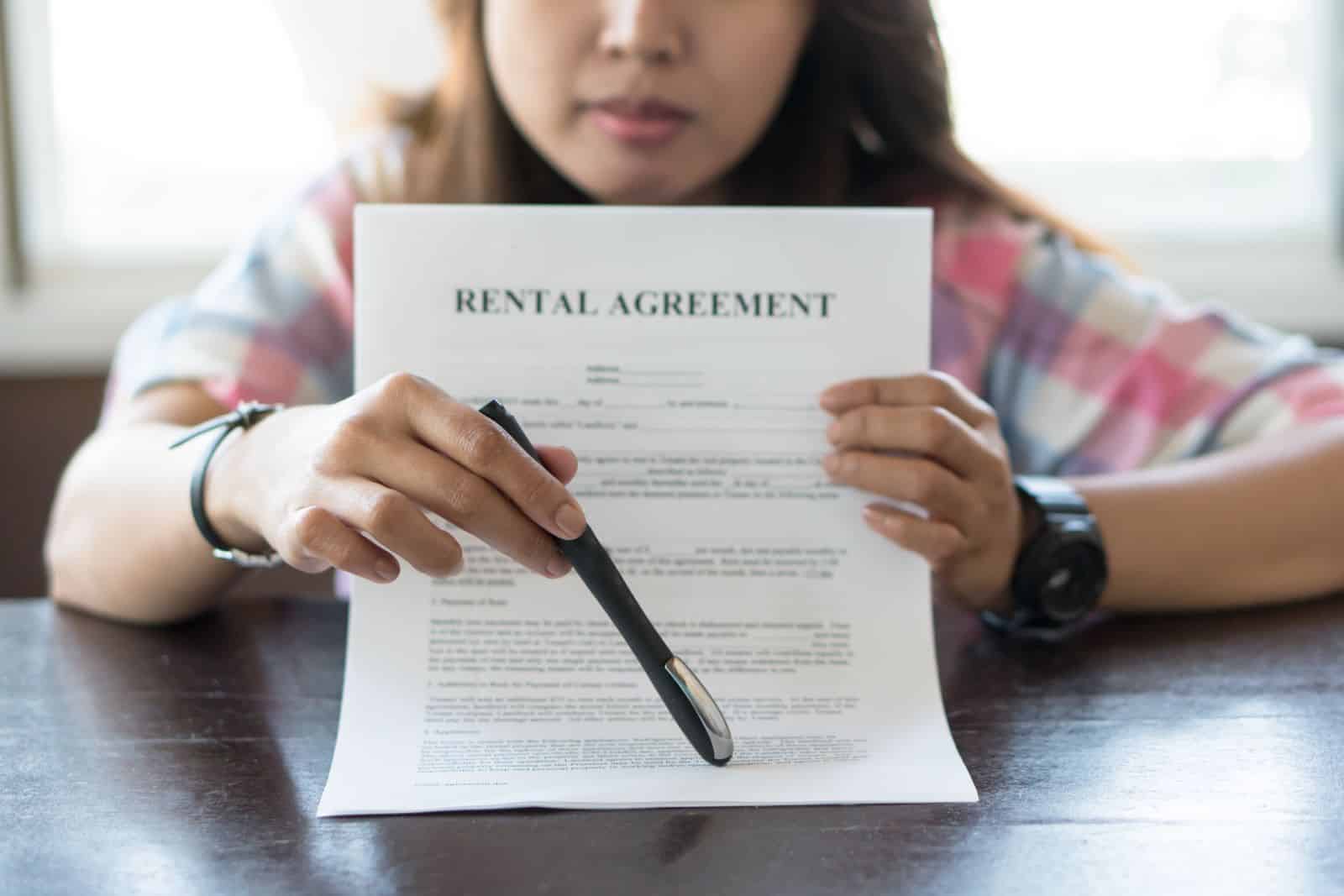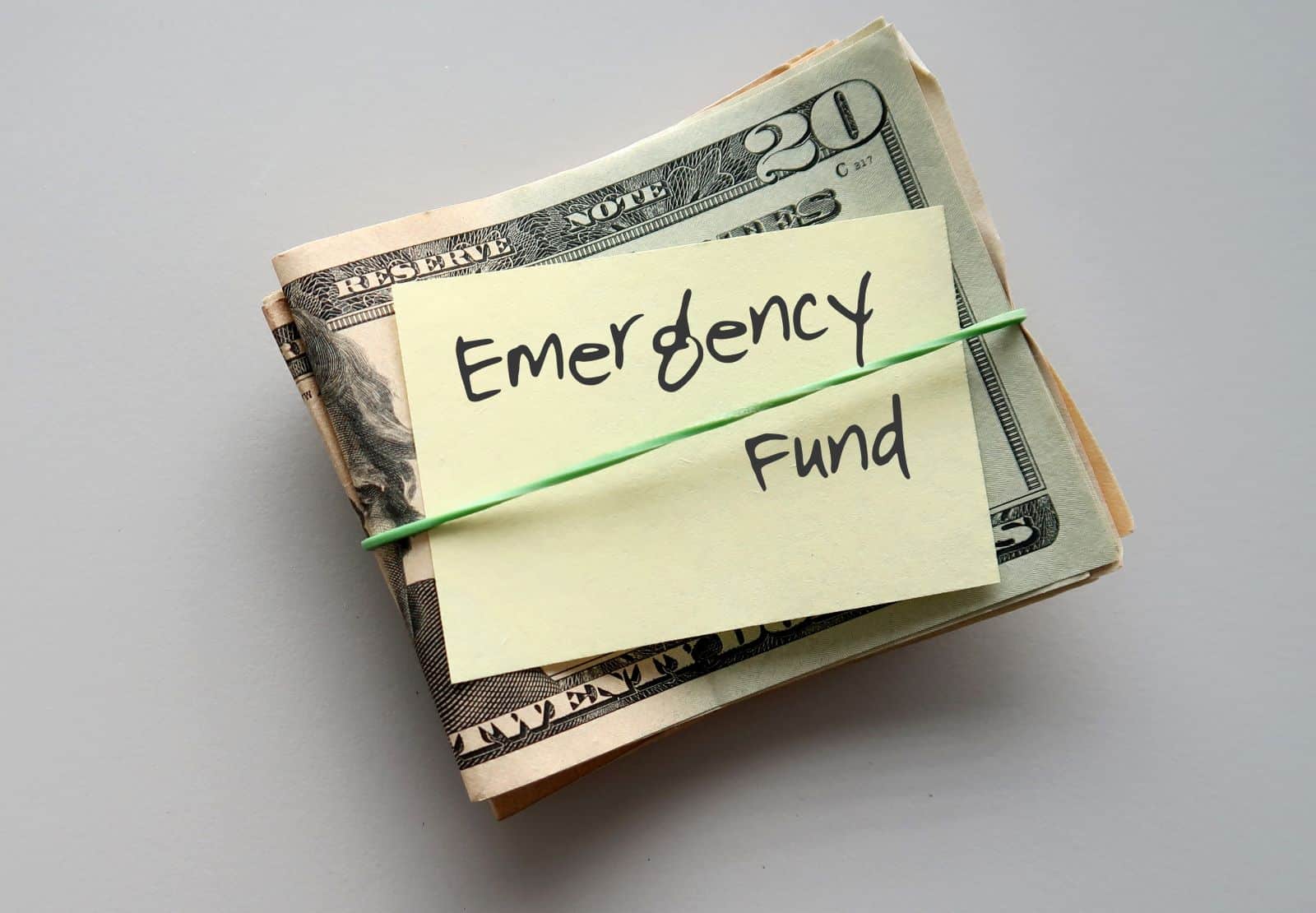Watch out. Financial myths can derail your budget and savings, costing you thousands over time. Here’s a list of common misconceptions that might be eating away at your finances.
1. Credit Cards Are Always Bad

Using credit cards responsibly can actually boost your credit score and offer rewards. It’s the high-interest debt from mismanagement that gets people into trouble.
2. Renting Is Throwing Money Away

Renting provides flexibility and frees you from property taxes and maintenance costs. It can be a smart choice depending on your financial situation and housing market conditions.
3. You Need to Save 10% of Your Income

While saving 10% is a good start, most experts now recommend saving 15-20% of your income to ensure a comfortable retirement, considering longer lifespans and rising costs.
4. A Large Tax Refund Is a Good Thing

Getting a large tax refund means you’ve essentially given the government an interest-free loan. Adjust your withholding to keep more money in your pocket throughout the year.
5. Carrying a Credit Card Balance Improves Your Credit Score

Carrying a balance can actually hurt your credit score due to high utilization rates. Paying off your card in full each month is the best way to maintain a healthy credit score.
6. Buying in Bulk Always Saves Money

Bulk purchases can lead to waste if you don’t use the items before they expire. Calculate the unit price and consider your usage habits before buying in bulk.
7. Homeownership Is Always Better Than Renting

Homeownership comes with hidden costs like repairs, property taxes, and homeowners’ insurance. Renting can be more cost-effective in certain markets and situations.
8. You Don’t Need an Emergency Fund

An emergency fund is crucial for unexpected expenses like medical bills or car repairs. Aim to save 3-6 months’ worth of living expenses to avoid high-interest debt in a crisis.
9. You Should Avoid All Debt

Not all debt is bad. Strategic use of debt, such as a mortgage or student loans with low-interest rates, can be beneficial. The key is managing it wisely and not overextending yourself.
10. You Must Pay for Professional Financial Advice

There are many free or low-cost financial advice options available, like non-profit credit counseling agencies or robo-advisors. Do your research before paying for financial advice.
11. Retirement Accounts Are Only for Older People

Starting to save for retirement early allows your money to grow through compound interest. Contributing to retirement accounts like a 401(k) or IRA as soon as possible maximizes your savings potential.
12. Leasing a Car Is Cheaper Than Buying

Leasing can be attractive due to lower monthly payments, but it often costs more in the long run with mileage restrictions and end-of-lease fees. Buying a reliable used car is typically more cost-effective.
13. Stock Market Investment Is Too Risky

While the stock market does carry risks, it also offers higher returns over time compared to savings accounts or bonds. Diversifying your investments can mitigate risks and increase potential gains.
14. Gold Is a Safe Investment

Gold can be volatile and doesn’t generate income like stocks or bonds. It’s better to have a diversified investment portfolio rather than putting too much faith in gold.
15. Paying Off Your Mortgage Early Is Always Best

Paying off a low-interest mortgage early might not be the best use of your money. Investing that extra cash in higher-yield investments could grow your wealth more effectively.
16. You Need a Lot of Money to Start Investing

You can start investing with small amounts thanks to fractional shares and low-cost index funds. The key is to start early and consistently invest over time.
17. Estate Planning Is Only for the Wealthy

Everyone needs an estate plan, including a will, to ensure your assets are distributed according to your wishes and to avoid potential legal issues for your heirs.
18. Insurance Is a Waste of Money

While some insurance products are unnecessary, others like health, auto, and life insurance are essential to protect you from catastrophic financial losses.
19. You Can Time the Market

Attempting to time the market is a losing strategy for most investors. Consistent, long-term investing usually yields better results than trying to predict market movements.
20. Bank Accounts Are Free

Many bank accounts come with hidden fees like overdraft charges or minimum balance fees. Shop around for accounts with favorable terms and consider credit unions for better options.
21. Your Employer’s Retirement Plan Is Enough

Relying solely on your employer’s retirement plan might not be sufficient. Consider additional retirement savings options like an IRA or taxable investment account to ensure you meet your retirement goals.
Bust Those Myths

By debunking these financial myths, you can make more informed decisions and avoid costly mistakes. Remember, staying informed and questioning common financial advice can save you thousands in the long run.
Remote No More: 19 Companies Returning to the Office

As the pandemic wanes, companies are recalling remote workers back to the office, sparking debates on fairness, costs, and convenience. However, there are also notable productivity, coworking, and mental health benefits to consider. Feeling the effects of these changes? Remote No More: 19 Companies Returning to the Office
8 Costco Must Buys and 8 to Leave Behind

Ever wandered Costco’s aisles, questioning if that giant jar of pickles is a real bargain? Or debated buying tires where you get your rotisserie chicken? Welcome to the definitive guide to Costco shopping—a journey to save money, prevent regrets, and offer quirky insights into bulk buying. 8 Costco Must Buys and 8 to Leave Behind
23 Reasons Texas Is the Next Big Thing

Texas is becoming a beacon of opportunity, blending cultural heritage with economic growth. From its landscapes to its industries, the Lone Star State offers a dynamic lifestyle. Here are 23 reasons why Texas stands out, attracting entrepreneurs, artists, tech professionals, and families seeking new beginnings. 23 Reasons Texas Is the Next Big Thing
15 Top Sites to Sell Your Unwanted Goods Besides Craigslist

Selling your unwanted items can declutter your space and boost your income. While Craigslist is popular, there are many alternatives with unique features and wider audiences. Explore these 15 Craigslist alternatives for selling everything from furniture to electronics, finding the perfect platform to turn clutter into cash. 15 Top Sites to Sell Your Unwanted Goods Besides Craigslist
Work from Anywhere: 19 Companies Still Supporting Remote Work

Tired of commuting and craving work flexibility? You’re not alone. Many companies now offer remote work, benefiting both employees and employers. Ever wondered how this shift could enhance your work-life balance? Work from Anywhere: 19 Companies Still Supporting Remote Work
The post – 21 Financial Myths That Are Costing You Thousands – first appeared on Career Step Up.
Featured Image Credit: Shutterstock / baranq.
The content of this article is for informational purposes only and does not constitute or replace professional financial advice.
For transparency, this content was partly developed with AI assistance and carefully curated by an experienced editor to be informative and ensure accuracy.

